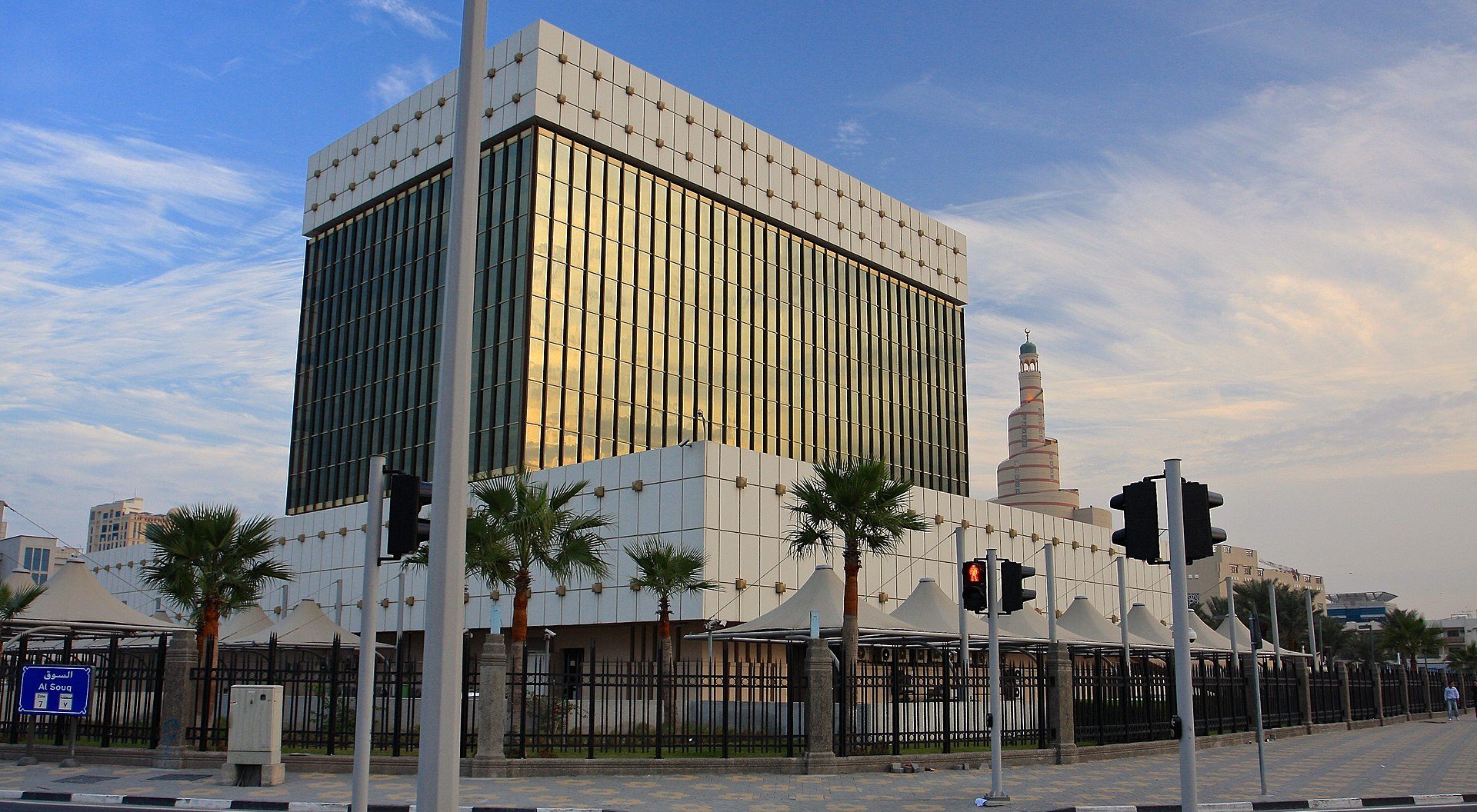The changes are applicable to Qatari banks and subsidiaries located in the country.
The Qatar Central Bank (QCB) has revealed a series of amendments to its real estate financing, or mortgage, regulations.
The modifications include specifying the maximum loan-to-value (LTV) and term durations for mortgages within Qatar. LTV is a financial term used in lending that represents the amount of a loan compared to the value of the asset purchased with the loan.
The changes are applicable to Qatari banks and subsidiaries located in the country.
However, overseas branches and subsidiaries of Qatari banks must adhere to the guidelines and conditions of their host country’s regulatory bodies, provided that the collateral and financed properties are situated outside Qatar.
“These amendments come within the framework of the QCB’s continuous endeavour to develop instructions related to real estate financing controls in line with the requirements of the current stage in the development of the sector, without prejudice to the necessary precaution for real estate risks,” QNA reported.
The newly introduced changes have segregated real estate financing into three distinct categories.
First category
This category relates to financing of ready-to-occupy and under-construction residential properties for individuals. The repayment methods for these are tied to the client’s personal resources, including salary or any non-real estate income.
For Qatari citizens buying properties valued up to QAR 6 million, the maximum LTV is 80%, with a tenure limit of 30 years. For properties over QAR 6 million, the LTV and tenure cap are 75% and 30 years, respectively.
Non-Qatari residents face a different scale: for properties up to QAR 6 million, the maximum LTV is 75%, with a 25-year tenure, whereas for properties over QAR 6 million, the maximum LTV is 70% with a 25-year tenure limit.
Second category
This encompasses financing of ready properties for both individuals and companies for investment and commercial purposes. In this case, repayment primarily hinges on real estate revenue.
Qatari citizens and businesses with a minimum of 51% Qatari ownership can avail an LTV of 75% and a tenure limit of 25 years for properties valued up to QAR 10 million. Above this value, the maximum LTV is 70%, with the tenure limit remaining the same.
Non-Qatari residents (individuals or companies) face a slightly lower LTV of 70% for properties up to QAR 10 million and an LTV of 65% for properties above this value, both with a 25-year tenure.
Non-residents have an LTV of 60% for properties up to QAR 10 million, with a 20-year tenure, and the same LTV but a shorter 15-year tenure for properties exceeding this value.
Third category
The last category involves financing real estate under construction for investment and commercial purposes, with repayment reliant partially or wholly on property revenue.
For Qatari citizens and companies with a minimum of 51% Qatari ownership, the maximum LTV is 60% with a tenure limit of 20 years. Foreigners (residents and non-residents alike) have a lower LTV of 50% with a tenure limit of 15 years.
Furthermore, QCB has stipulated guidelines for salary customers seeking mortgages. The debt burden ratio must not surpass 75% of the total salary for Qataris and 50% for expatriates.
In scenarios where customers gain permanent residency in Qatar owing to property ownership, mortgage providers have the liberty to extend the tenure to match that of residents.
The amendments also specify that for under-construction property financing, any granted grace period should not exceed three years and must fall within the overall tenure. Regular interest payments during this period are mandatory on either a monthly or quarterly basis.







